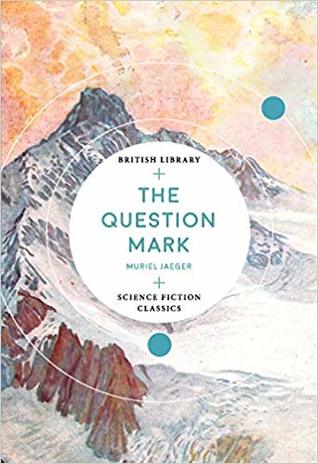What do you think?
Rate this book


208 pages, Paperback
First published January 1, 1926
“You are the natural rebel, the Satanist—one of those unfortunates born with inverted instincts. Your necessity is to attack and to suffer. You may not know it, but, whatever your circumstances, you would seek out suffering. […] In no place nor time would you be at home. You are he who goes up and down upon the earth and to and fro on it.”
Chapter X, v.